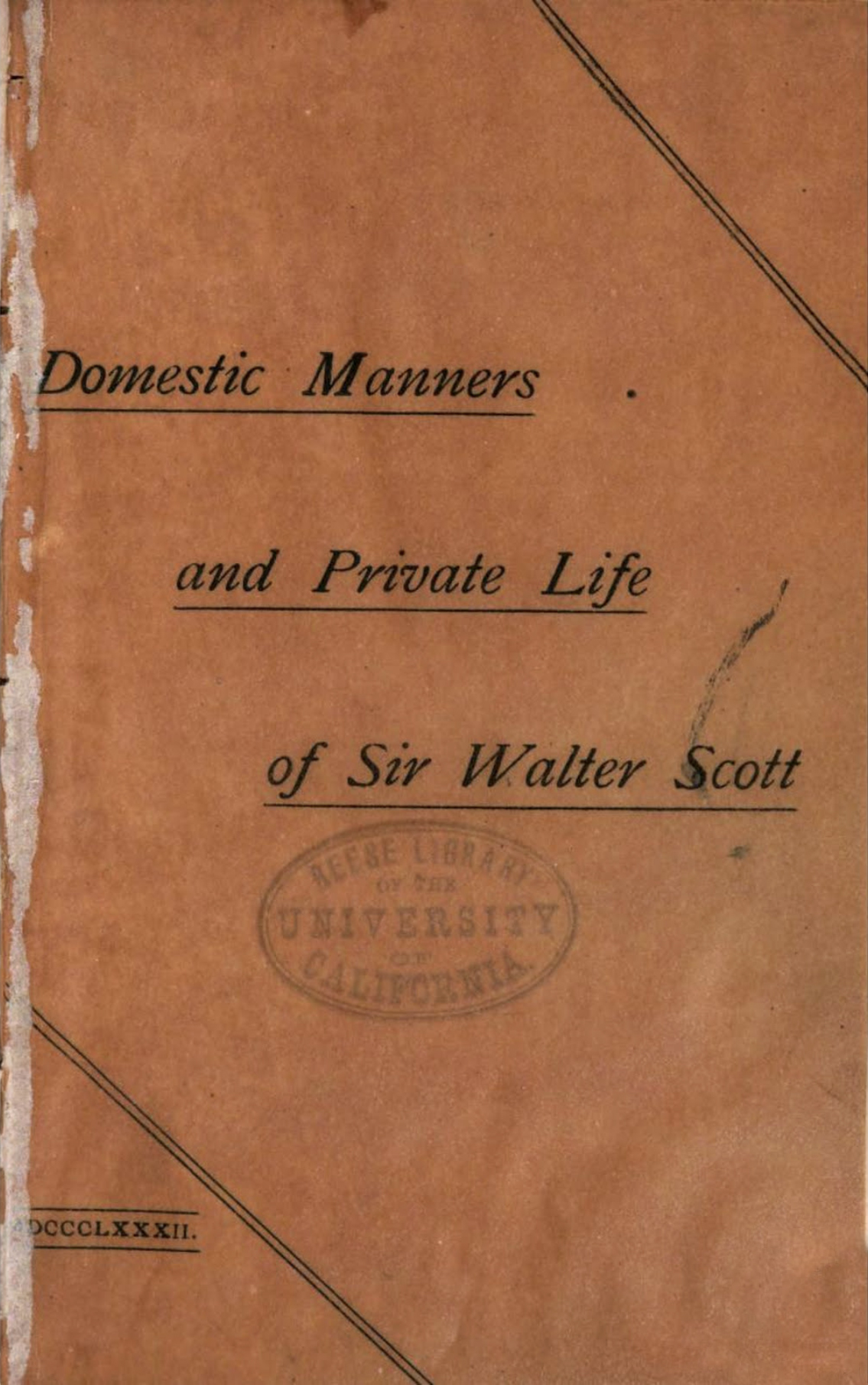unauthorized biography on:
[Wikipedia]
[Google]
[Amazon]
 An unauthorized biography, sometimes called a kiss-and-tell, or a tell-all, is a biography written without the subject's permission or input. The term is usually restricted to biographies written within the subject's lifetime or shortly after their death; as such, it is not applied to biographies of historical figures written long after their deaths.
An unauthorized biography, sometimes called a kiss-and-tell, or a tell-all, is a biography written without the subject's permission or input. The term is usually restricted to biographies written within the subject's lifetime or shortly after their death; as such, it is not applied to biographies of historical figures written long after their deaths.
 An unauthorized biography, sometimes called a kiss-and-tell, or a tell-all, is a biography written without the subject's permission or input. The term is usually restricted to biographies written within the subject's lifetime or shortly after their death; as such, it is not applied to biographies of historical figures written long after their deaths.
An unauthorized biography, sometimes called a kiss-and-tell, or a tell-all, is a biography written without the subject's permission or input. The term is usually restricted to biographies written within the subject's lifetime or shortly after their death; as such, it is not applied to biographies of historical figures written long after their deaths.
Objectivity
Unauthorized biographies may be considered more objective but less detailed than other biographies, because they are not contingent on the subject's approval (and therefore may contain accurate information that the subject would not have authorized), but are also not privy to information or corrections known only to the subject or the subject's close friends and family.Legality
The subjects of unauthorized biographies are almost always public figures. Rarely do public figures succeed in preventing the release of unauthorized biographies. Unauthorized biographies of people who are not deemed public figures may be considered violations of the right to privacy and subject to legal action. As Ted Schwarz (1992) writes: Speaking of U.S. courts, Lloyd Rich (2002) writes: The legality of unauthorized biographies varies by country. Brazil enacted a short-lived law in 2014 requiring permission from biographies' subjects before publication.Reception
Unauthorized biographies are not necessarily unwelcomed by their subjects, and in fact some unauthorized biographies have been criticized for displaying overeager admiration for them; however, unauthorized biographies have a wider reputation for fueling controversy and painting unflattering portraits of their subjects. While unauthorized biographies often receive significant news coverage, their writers tend to face "media disdain" due to the perception that their work isgossip
Gossip is idle talk or rumor, especially about the personal or private affairs of others; the act is also known as dishing or tattling.
Etymology
The word is from Old English ''godsibb'', from ''god (word), god'' and ''sibb'', the term for the ...
y, voyeuristic, and busybodyish.
For a period in the early 1990s, a number of independent publishers — including Revolutionary Comics and Personality Comics — found great success and sales of unauthorized comic book
A comic book, comic-magazine, or simply comic is a publication that consists of comics art in the form of sequential juxtaposed panel (comics), panels that represent individual scenes. Panels are often accompanied by descriptive prose and wri ...
biographies. One publisher claimed that not all its biographies were unauthorized, stating that " DeForest Kelley... and Kim Basinger had sent autographed copies of their biographies, and... Walter Koenig... had edited his." However, a number of these companies later faced legal challenges to their publications, which resulted in the unauthorized comic book biography fad dying down.
References
Citations
Bibliography
* * * * * * * * * * * * * * * * * * * * * * {{cite web , last=Waweru , first=Nduta , url=https://allafrica.com/stories/201404170420.html , title=Kenya: Thorny Issue of Unauthorised Biographies , date=2014 , website= The Star , access-date=May 4, 2019See also
* Shock value * Doomscrolling *Non-fiction
Non-fiction (or nonfiction) is any document or content (media), media content that attempts, in good faith, to convey information only about the real life, real world, rather than being grounded in imagination. Non-fiction typically aims to pre ...